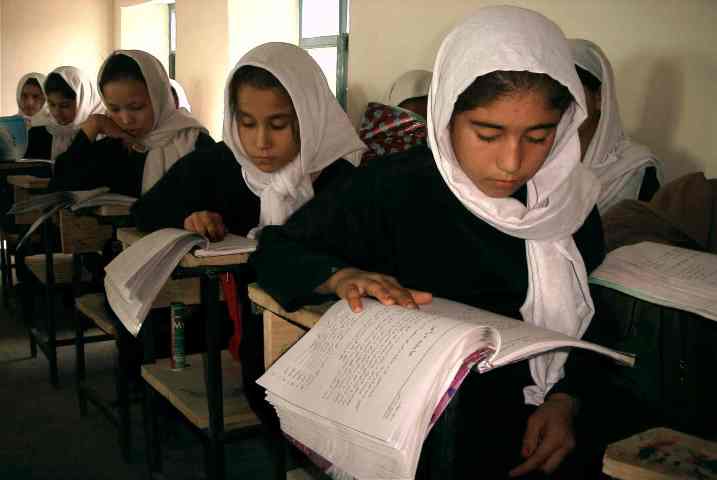World Bank Approves $47.9M Education Grant to Boost Schooling in Punjab
The new initiative—formally titled “Getting Results: Access and Delivery of Quality Education Services and System Transformation in Punjab Project”—will directly address challenges in foundational learning.

- Country:
- Pakistan
The World Bank has approved a US$47.9 million grant, funded by the Global Partnership for Education (GPE) Fund, to strengthen education access and quality in Pakistan’s Punjab province. The initiative seeks to expand pre-primary and primary education, enhance teacher training, and make the education system more resilient to emergencies and climate change.
Tackling Learning Poverty and Education Inequality
The new initiative—formally titled “Getting Results: Access and Delivery of Quality Education Services and System Transformation in Punjab Project”—will directly address challenges in foundational learning. Punjab, Pakistan’s most populous province, struggles with learning poverty, with many children unable to read and understand a basic text by age 10.
“By strengthening foundational learning, enhancing system capacity, and promoting behavioral change, the project will support long-term human capital development and economic growth in the province,” said Bolormaa Amgaabazar, World Bank Country Director for Pakistan.
The project is expected to benefit over 4 million children, with a special focus on:
-
80,000 out-of-school children, ensuring their re-enrollment.
-
More than 3 million children studying in School Education Department (SED) schools.
-
Approximately 850,000 children in the non-formal education sector.
-
140,000 differently abled children in Special Education Department (SpED) schools.
In addition, over 100,000 teachers, principals, parents, and community members will benefit from training, professional development, and awareness campaigns.
Strengthening Early Childhood and Remedial Learning
The project will expand early childhood education services to ensure children are better prepared for primary school. It will also support remedial learning for students at the elementary level, providing additional resources to those falling behind.
These interventions aim to close critical learning gaps, reduce dropout rates, and improve long-term learning outcomes for children across Punjab.
Building Resilience to Shocks and Climate Challenges
Punjab is particularly vulnerable to climate change impacts, such as floods and extreme heat, which often disrupt schooling. The project includes measures to make education systems more resilient to emergencies, ensuring children’s learning continues even during crises.
By aligning with the World Bank’s broader strategy to build resilient human capital, the project contributes to both immediate and long-term socio-economic development.
Supporting Government Reforms in Education
The initiative is closely tied to the Government of Punjab’s reform agenda, which seeks to create a more accountable, inclusive, and effective education system.
“This project is aligned with the government’s broader education reform agenda, which seeks to create a more effective, accountable, and inclusive education system,” said Izza Farrakh, World Bank Task Team Leader for the project.
Key reforms include:
-
Stronger governance and management systems in education.
-
Improved coordination between school education, special education, and non-formal education departments.
-
Empowering schools and building community partnerships for sustainable results.
The World Bank’s Longstanding Partnership with Pakistan
Pakistan has been a World Bank member since 1950, with the Bank providing more than $48.3 billion in assistance over the decades. Currently, the World Bank portfolio in Pakistan includes 54 active projects worth $15.7 billion.
The International Finance Corporation (IFC), the private sector arm of the World Bank Group, has also invested approximately $13 billion in Pakistan since 1956, supporting initiatives in renewable energy, infrastructure, financial inclusion, agribusiness, healthcare, housing, and manufacturing.
A Step Toward Inclusive Development
The Punjab education project is expected to play a critical role in helping Pakistan meet its commitments under the Sustainable Development Goals (SDGs), particularly SDG 4 on quality education.
By focusing on equitable access, foundational learning, and system-wide reforms, the grant marks a significant step toward reducing disparities and empowering the next generation of learners in Punjab.










